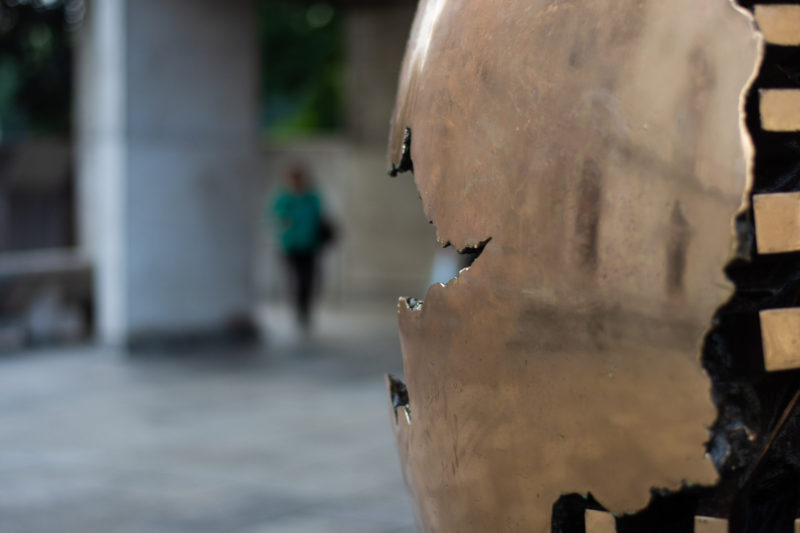Trinity’s provostial candidates Prof Linda Hogan, Prof Linda Doyle and Prof Jane Ohlmeyer treaded softly at tonight’s “campaign kick-off meeting”. Slowly, however, differences, not so much in substance but in tone, began to emerge. Here are our top five takeaways from the candidates’ first major hurdle in this election campaign.
First Impressions
While major differences did not initially arise between the candidates, there were nuances to their views on fundamental issues which indicate the possibility of rifts over time. Jane Ohlmeyer, for one, said that “we are a university, not a tourist attraction”, and did not show much enthusiasm for commercialisation.
Equality and inclusivity were topics raised by all candidates, but Hogan was particularly insistent on this. “As Provost I will deliver a progressive platform”, she said. Hogan, in particular, emphasised the importance of international partnerships and philanthropy, perhaps harkening back to her time as second-in-command to a provostship dominated by a global outlook and the importance of building an alumni base.
Doyle seemed keen to emphasise the importance of decentralising power and money in the immediate term, while also looking to future growth. She pledged a redistribution of resources, saying that “slightly more goes to the centre and less to edges and I would like to reverse that.”
Coronavirus and Department of Higher Education
All three candidates pointed to the exciting place higher education finds itself in thanks to a new dedicated government department for the sector. They were all also keen to point to the fact that thanks to the pandemic, research has never been more important, and that higher education should be part of the rebuilding of post-pandemic Ireland.
“Never before”, Hogan said, “has academic freedom, investment in education and research for the benefit of humanity been as pressing as it is”. Doyle said that this moment in time should be harnessed to “shine a huge spotlight on the work we do”, while Ohlmeyer described the new department as a “game-changer”.
Online format
A fear among election organisers would have undoubtedly been the disaster-in-waiting that is an online event. And while the Zoom debate fulfilled its function – candidates got their visions and plans across fairly well – it also demonstrated how much it can stifle debate. Questions from the audience went through the moderator Prof Brendan Tangney first, thus losing the spontaneity of a live Q&A session and the stop-start nature of Zoom calls slowed down the rhythm of the night.
By the end, even Tangney seemed keen to wrap up the event, making the now-standard observation that everyone is sick of Zoom calls. If candidates hope to inspire the electorate, they may need to be more creative with their online presence – Zoom was not, afterall, designed for rousing speeches.
Climate change
While the pandemic has usurped climate change as the most urgent issue of the moment, sustainability and environmental protection came up several times over the course of the event.
Hogan’s pledge to make Trinity carbon neutral during her provostship was probably the most concrete promise of the three – Doyle said she would instil an “urgency to act” on such a pressing issue, while Ohlmeyer vowed to make College a leader in the climate-change conversation. With a dedicated climate change debate coming up, candidates’ preparedness on this topic is one to keep an eye on.
Soft on government
After a decade of underfunding on the part of the government, you could be forgiven for thinking that academics are irate at the government. So it was somewhat surprising that the three candidates this evening were largely soft on the State’s treatment of higher education. Hogan – probably the most acutely aware of this due to her being a former Vice-Provost – did remark, however, that “we are in an underfunded system and two decades of underfunded growth”.
But Doyle and Ohlmeyer, while calling for more investment, didn’t directly address the government’s failings up to now. If voters want a provost who will lobby the government to better fund the higher-education sector, they ought to push candidates on this in the coming weeks.







